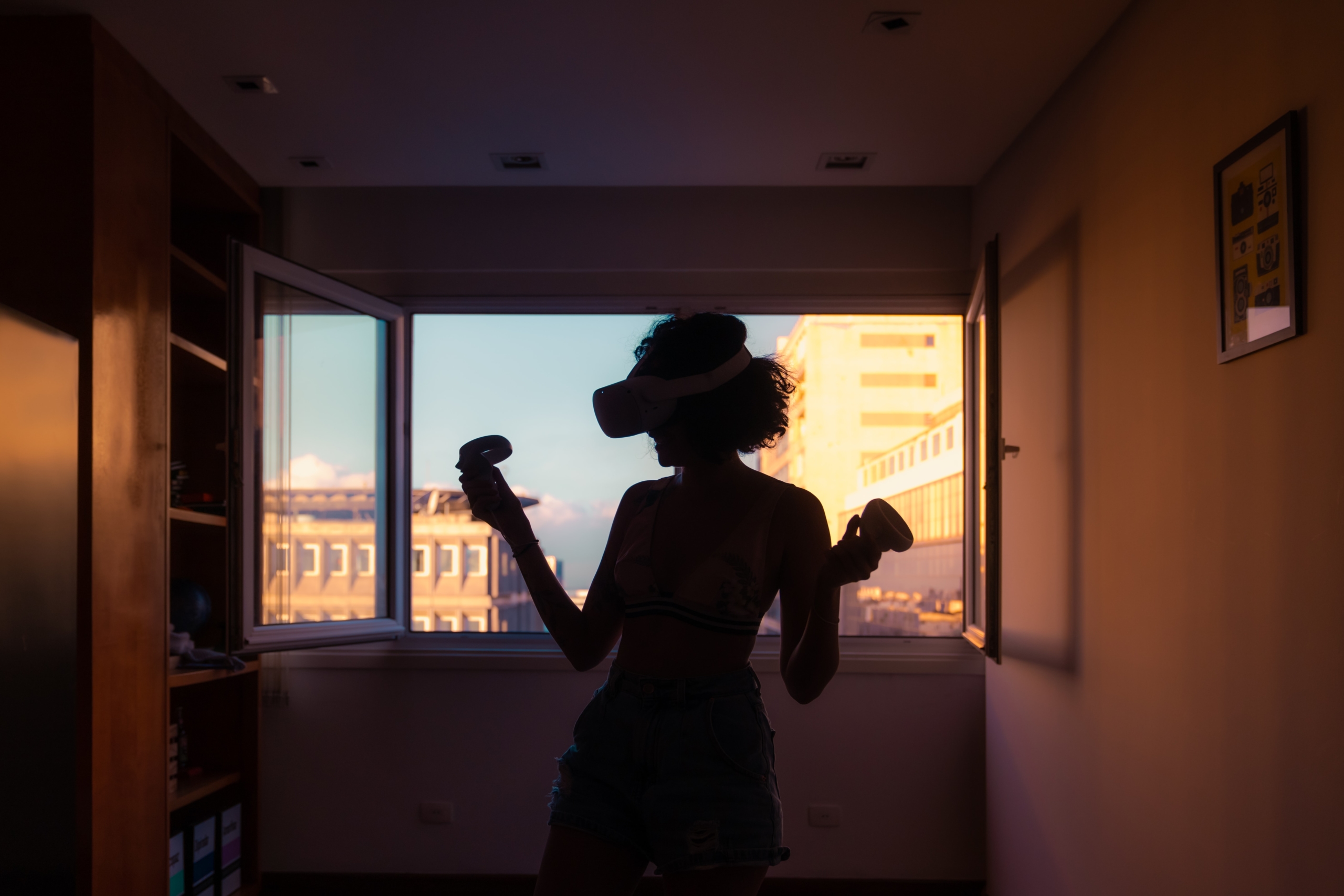Article
Web3: safe space or inequality coalface?

The plight of diversity in technology and innovation is well-documented, but in many areas change is still happening at a glacial pace. Diffusion explores why Web 3.0 and the Metaverse pose a prime opportunity for women and diverse talent to build a better, safer space – but only if they have a seat at the table.
The tech sector has witnessed swathes of improvement in the last five years, especially when it comes to unpicking some of the webs of bias which have historically acted as sticking points for diverse talent. But roadblocks such as youth being traded as a virtue, smaller-value funds for minority groups and VCs not sharing their diversity data remain in place.
For women especially, the sometimes-murky online world could become a much safer and more inclusive one if they are able to help build its next iterations. Innovations such as Web3, the Metaverse and blockchain could allow women to work and live in a way that they have designed, rather than one imposed on them. Web3 has even been touted as ‘the future of safe spaces’ vs Web 2.0 which is led by a few sector behemoths and men from similar educational and socioeconomic backgrounds; just look at Mark Zuckerberg and Jeff Bezos.
The conception of Web3 revolves around a decentralised online world based on the blockchain where users develop and maintain services, giving them ultimate ownership rather than a central gatekeeper. This is in stark contrast to Web 2.0 companies which have mined the personal data of their users for profit, often selling it to companies looking to target adverts at specific audiences.
Currently, the CEOs in charge of the biggest metaverse platforms – including Roblox, Meta, Decentraland and Fortnite – are all white men. However, challenger brands and global support networks for diverse founders in areas such as crypto, web development and AI are springing up – and growing – all the time. Web3.0 has the power to impact not just the future of the way we use the internet but also the future of work and innovation. This is why it is key for diverse talent to have a seat at the design table.
The industry’s call to action for VC and PE investors to do more to break away from decisions fuelled by unconscious bias is well-documented. And investing in women building in areas such as web development and crypto makes sound business sense. BCG research indicates that female-led start-ups deliver higher returns on investment – in fact, nearly 10% more over a five-year period, than those led by men. Yet, globally, only 5% of crypto companies are led by women.
As Web3 and the Metaverse begin to take shape, the opportunity for women to build – and fund – the companies which sculpt the new generation of digital is profound. Inspiringly, growing numbers of forward-thinking women are leading this charge by spreading awareness and through educational groups such as Unstoppable Women of Web3. By pulling up more chairs to the design table, there is a real chance for women and diverse talent to ensure that a pillar of Web3 is its intrinsic inclusivity.
We know that innovation thrives when diverse experiences and ways of thinking combine. As Her Excellency Reem Al Mansoori, Undersecretary at the Ministry of Transport and Communications in Qatar, and HEC Paris alumna, explains; “Knowledge is the fuel for innovation, and since women represent almost 50 percent of our [global] society, we need educated, capable, and motivated women…to turn our society’s challenges to opportunities by becoming our future entrepreneurs, innovators and artists.”
At Diffusion, we are proud to work with some of these dynamic changemakers, with diversity one of our core values. To find out more, read about our All Tech Voices platform.





